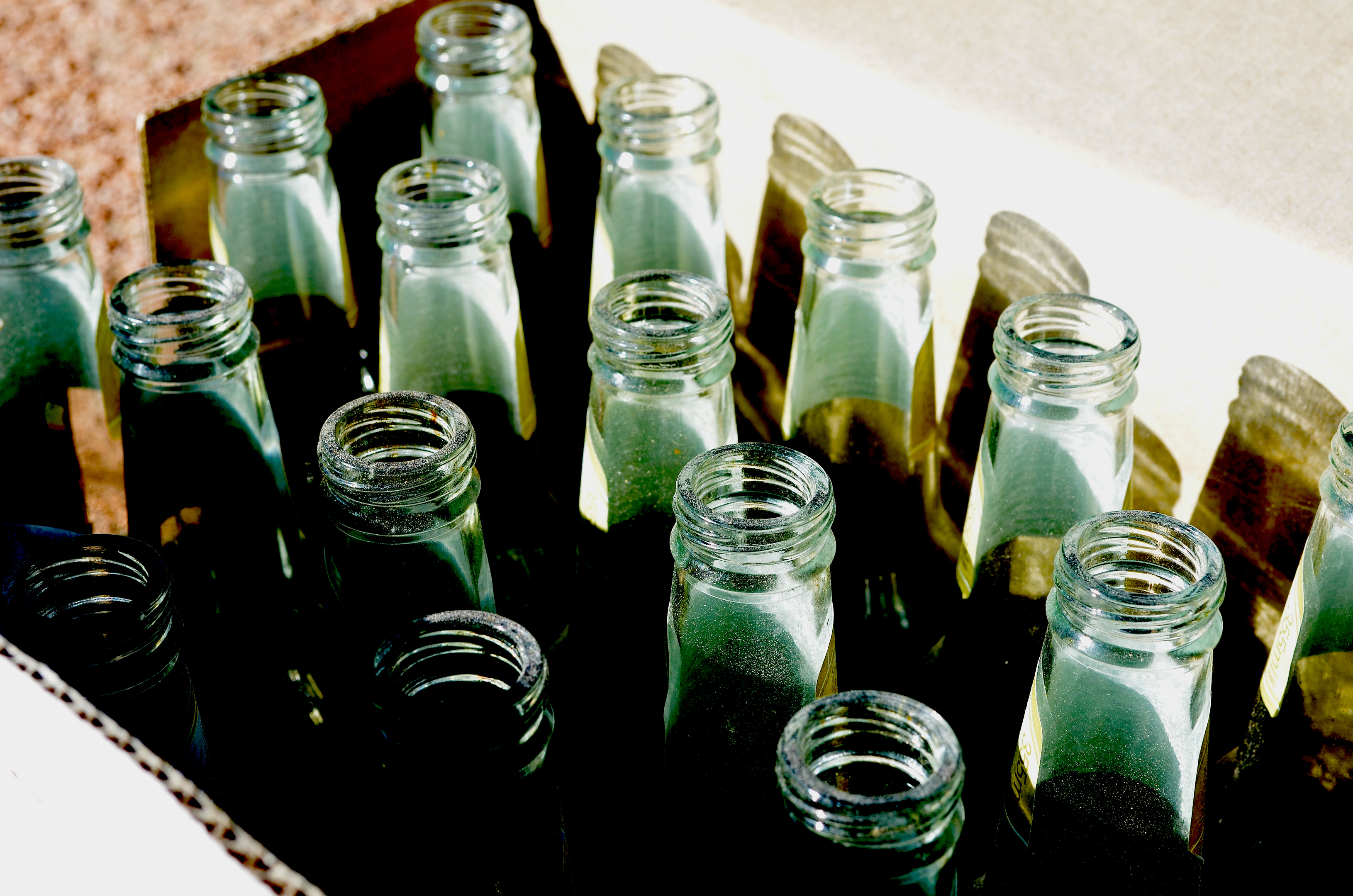
More than 75% of Scots believe people would understand how to use a deposit return scheme based on a variable fee, according to a survey.
A poll commissioned by environmental campaign group A Plastic Planet found just 13% of Scots said people would not be able to understand such a system.
In May, Scotland became the first part of the UK to announce plans to bring in a deposit return scheme in a bid to boost recycling.
Under proposals to be brought in before the end of the current Holyrood parliament in March 2021, a 20p charge will be levied on the vast majority of drinks containers, including PET (Polyethylene terephthalate) plastic bottles – used for fizzy drinks and water bottles – glass bottles and steel/aluminium drinks cans.
The deposit can then be reclaimed as cash or a voucher when the container is taken to a local collection point.
But health experts fear the Scottish Government’s plans to charge a flat-rate fee for the containers will hinder efforts to reduce obesity levels and tackle diabetes.
They note the 20p charge would apply to all drinks containers, regardless of their size, and fear that it risks incentivising consumers to purchase larger containers of sugary drinks.
There have been suggestions that a variable fee would be too confusing for consumers to understand, but the campaign group said countries such as Norway, Finland, Denmark and Sweden have already implemented a successful deposit scheme in which consumers pay a variable deposit based on the size of the container they buy.
Some 77% of the 1,000 people surveyed for A Plastic Planet said they were confident that Scots would be able to understand a variable fee system.
While 13% said they would not understand, 11% responded “don’t know”.
A Plastic Planet co-founder Sian Sutherland said: “Every single year the quantity of plastic bottles we pump out can reach half-way to the sun.
“We have an extraordinary moment in history to make real change happen, to dramatically reduce millions of tonnes of virgin plastic used for bottles.
“But all bottles are not equal and to treat them as such with a flat-rate scheme is disingenuous and patronising.”
Jenni Hume, campaign manager for the Have You Got The Bottle? campaign, believes a flat rage charge is clearer.
She said: “Although many countries use variable deposit levels, in our view a single level is clearer for everyone.
“It also reflects the fact that it’s equally important for all cans and bottles, whatever their size, to be returned rather than littered.”
Populus surveyed 1,000 adults in Scotland aged 18 and over between June 26 and July 9 this year.

Enjoy the convenience of having The Sunday Post delivered as a digital ePaper straight to your smartphone, tablet or computer.
Subscribe for only £5.49 a month and enjoy all the benefits of the printed paper as a digital replica.
Subscribe